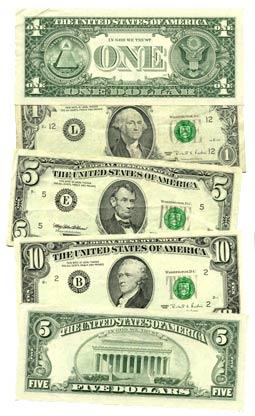Money can be a problem when you have a family; sometimes it seems impossible to stretch your income to meet your needs. Planning a family budget will give you some breathing room when it comes to living within your means because you’ll be able to track your expenses. Being aware of where your money goes is crucial when it comes to raising a family and getting ahead.
Step 1
Discuss your budget plans with your family and ask for input on spending limits, corners that can be cut, ways to save, and what you can save for as a team. Remember that budgeting is a lifelong skill that has no end game but does have goals that can be met along the way.
Step 2
List your monthly income and all your bills in a notebook or ledger. Remember to include bills that you may not pay every month, such as car insurance, property taxes and your water bill, so you have a complete record of your income and expenses. Your income is listed because that is how you’re going to pay your bills.
Step 3
Sort your bills by the date that each payment is due, starting at the beginning of the month. Divide them by the number of pay periods you have each month; for example, if you are paid twice a month set bills that are due from the first to the fifteenth into one pile and bills that are due from the fifteenth to the thirtieth in a second pile. This will show you what bills need to be paid during each pay period so you don’t face late fees.
Step 4
Calculate your recurring weekly expenses such as gas, food, lunch money for each family member and child care; add this amount to your expenses by pay period. Remember to account for every week if you’re working with a two-pay-period month; if your weekly household expenses total $150 a week and you get paid the first and fifteenth you will need $300 for household expenses: $150 for the first week and $150 for the second week.
Step 5
Estimate your monthly costs for miscellaneous expenses such as school supplies, field trips, eating out and entertainment; remember irregular expenses such as doctor appointments, school events and clothing.
Step 6
Divide a page of your ledger into pay periods and list each expense you will make each week. Leave a space next to each item so you can mark it paid. At the end of the month, make a new budget sheet for the upcoming month, making sure you reflect any changes in fluctuating bills such as heating and credit cards.





